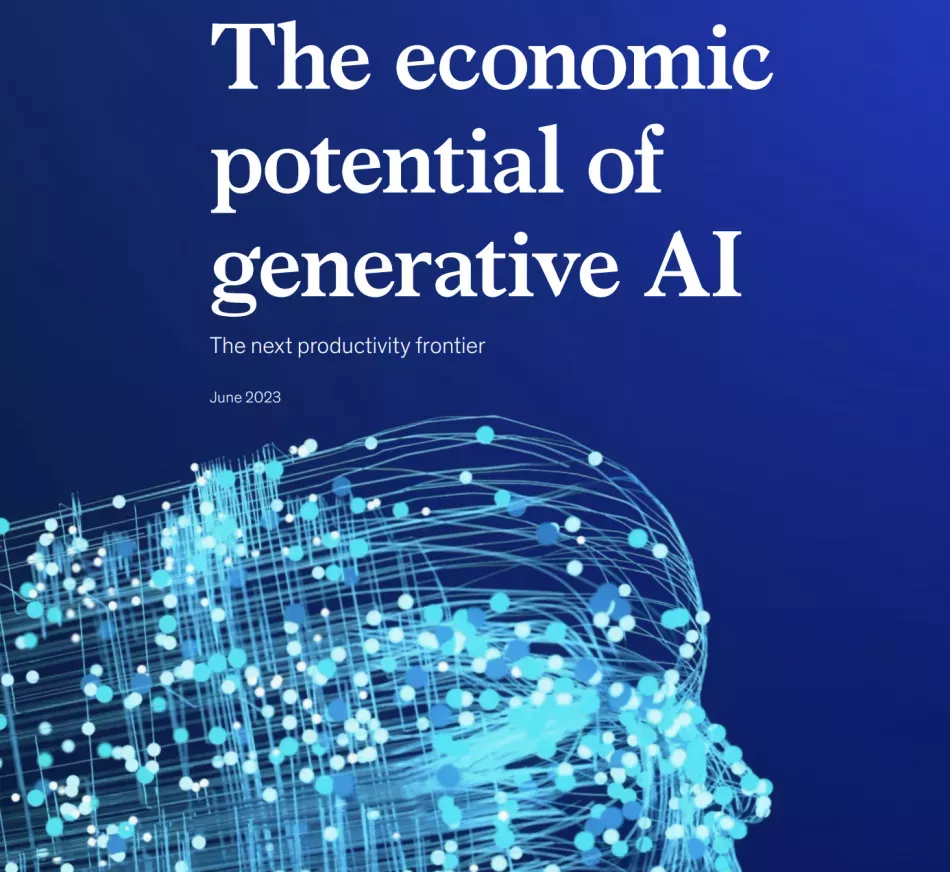
AI has seamlessly integrated into our daily lives, from the technology in our smartphones to the autonomous-driving features in cars, to the tools retailers use to engage consumers. Despite its significant advancements, its progress has often gone unnoticed by the general public, with notable achievements like AlphaGo's victory in 2016 quickly fading from memory.
Generative AI applications like ChatGPT and GitHub Copilot have sparked widespread interest due to their versatility and natural conversational abilities. While these applications can perform routine tasks such as data organization, it's their capacity to generate text, compose music, and create digital art that has garnered attention and encouraged widespread experimentation. As a result, a diverse range of stakeholders are now grappling with the implications of generative AI on various aspects of business and society.
The rapid development of generative AI technology presents both challenges and opportunities. Breakthroughs in deep learning, particularly the development of foundation models, have revolutionized AI capabilities, enabling them to process vast amounts of unstructured data and perform multiple tasks. These advancements are poised to transform various sectors, including sales, marketing, and software development, potentially unlocking significant economic value. However, understanding the full extent of generative AI's impact requires ongoing research and assessment to navigate this new era of AI effectively.



